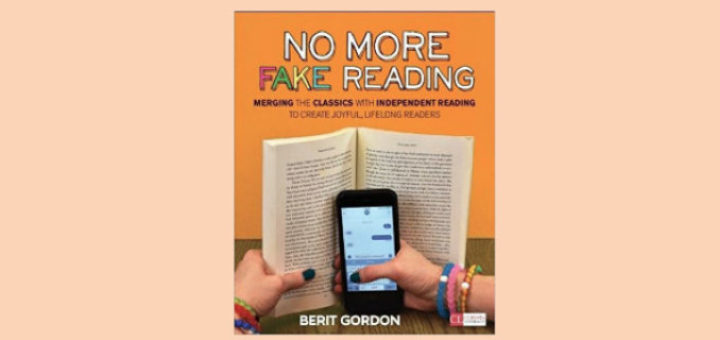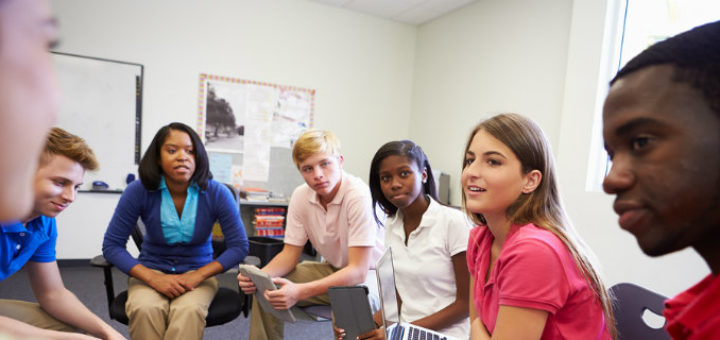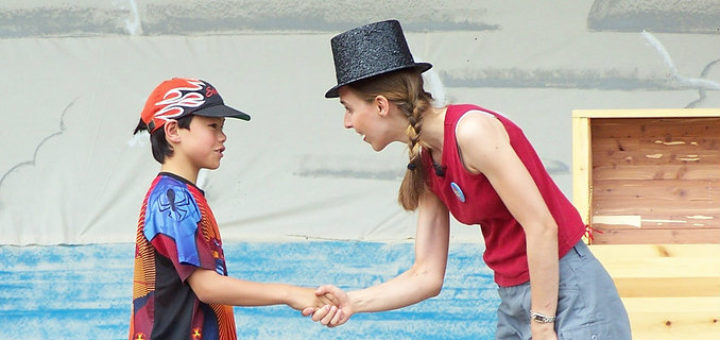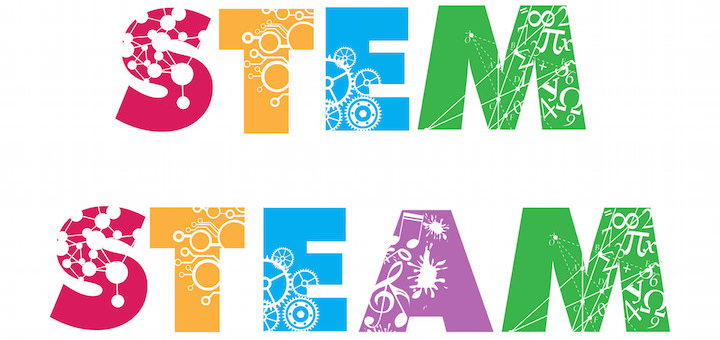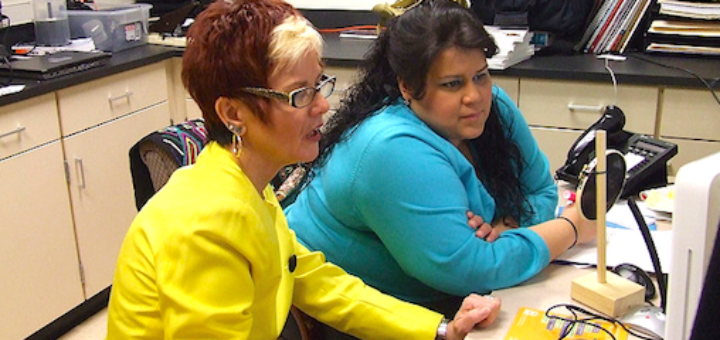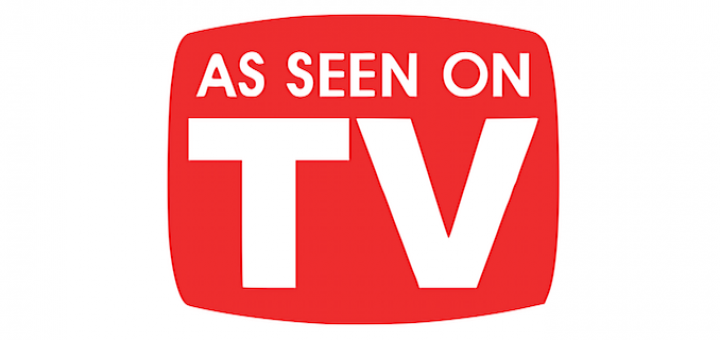Tagged: critical thinking
Berit Gordon offers a step-by-step plan for playing catch up with students who are not regular readers and therefore do not have the reading skills or the knowledge base to feel anything but overwhelmed and bored by classic literature, says classics teacher Kelley Pujol.
As the Emmys return in September to celebrate the art and craft of television, how do we encourage students to view the programming from a media literacy perspective, with the thinking parts of their brains turned on? Frank Baker ties television studies to CCSS.
By differentiating reading choices and inviting students to discuss diverse texts using student-led conversations, you can heighten their ability to analyze texts and hone their critical thinking skill. Reading expert Laura Robb discusses set-up and assessment.
With so much focus on high stakes testing, teachers recognize their students are at risk of not gaining the “soft skills” they need to succeed in school and life. Cheryl Mizerny shares her do-it-yourself solution: easy to use activities she blends into her curriculum.
Anne Jolly has had more inquiries from folk in the middle school arena on whether they should implement a STEM program or a STEAM program. She doesn’t think it’s an “Either-or.” She thinks it’s a “Both” with creativity and critical thinking sharing space.
Becoming Brilliant, written by two psych professors, is less about intelligence than about helping children become collaborative, creative, competent, and responsible. Reviewer Rita Platt notes with dismay the authors’ blanket view that public schools are failing.
Consultant Tammy L. Jones proposes a three-prong approach to support students in their daily journey through content: effective questioning, authentic daily writing, and a bridging structure as they encounter new situations where critical thinking is required.
We have heard for over a decade now that we must be teaching our students how to think critically. Using four examples, coach Elizabeth Stein demonstrates how co-teachers can strengthen their own critical thinking skills using a shared problem-solving mindset.
Warren Combs’ book on using constructed responses in everyday instruction “effortlessly demonstrates the power of using short, frequent writing to learn activities that focus on standards across the curriculum,” says literacy coach Laurell Parris. Great for PLCs.
We always hear about the “real world” vs. the world in school. Project Based Learning helps to break down that barrier and better merges the two. It’s also undeniably engaging and lures kids into rigorous learning, as in Heather Wolpert-Gawron’s “Invention Unit.”

